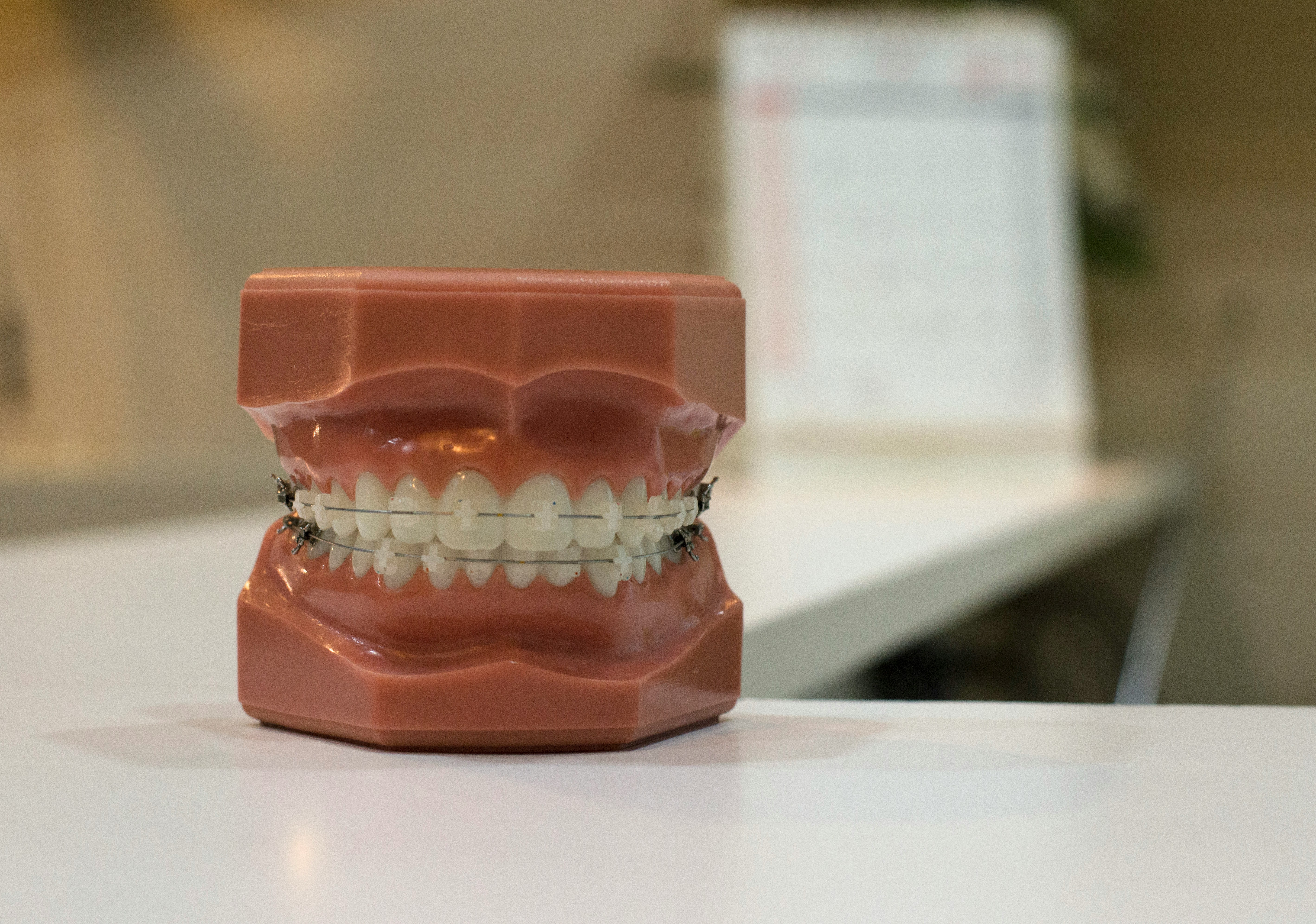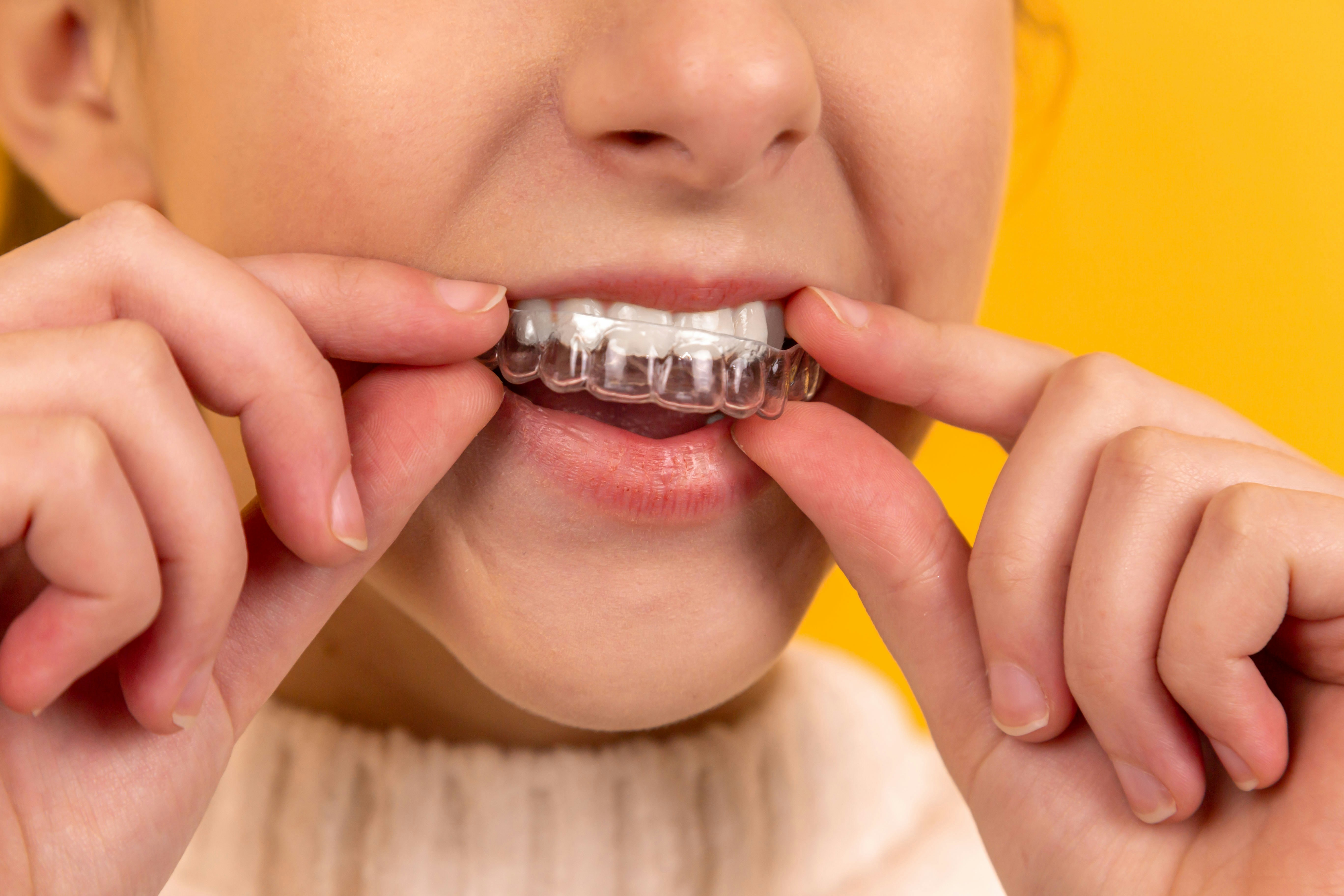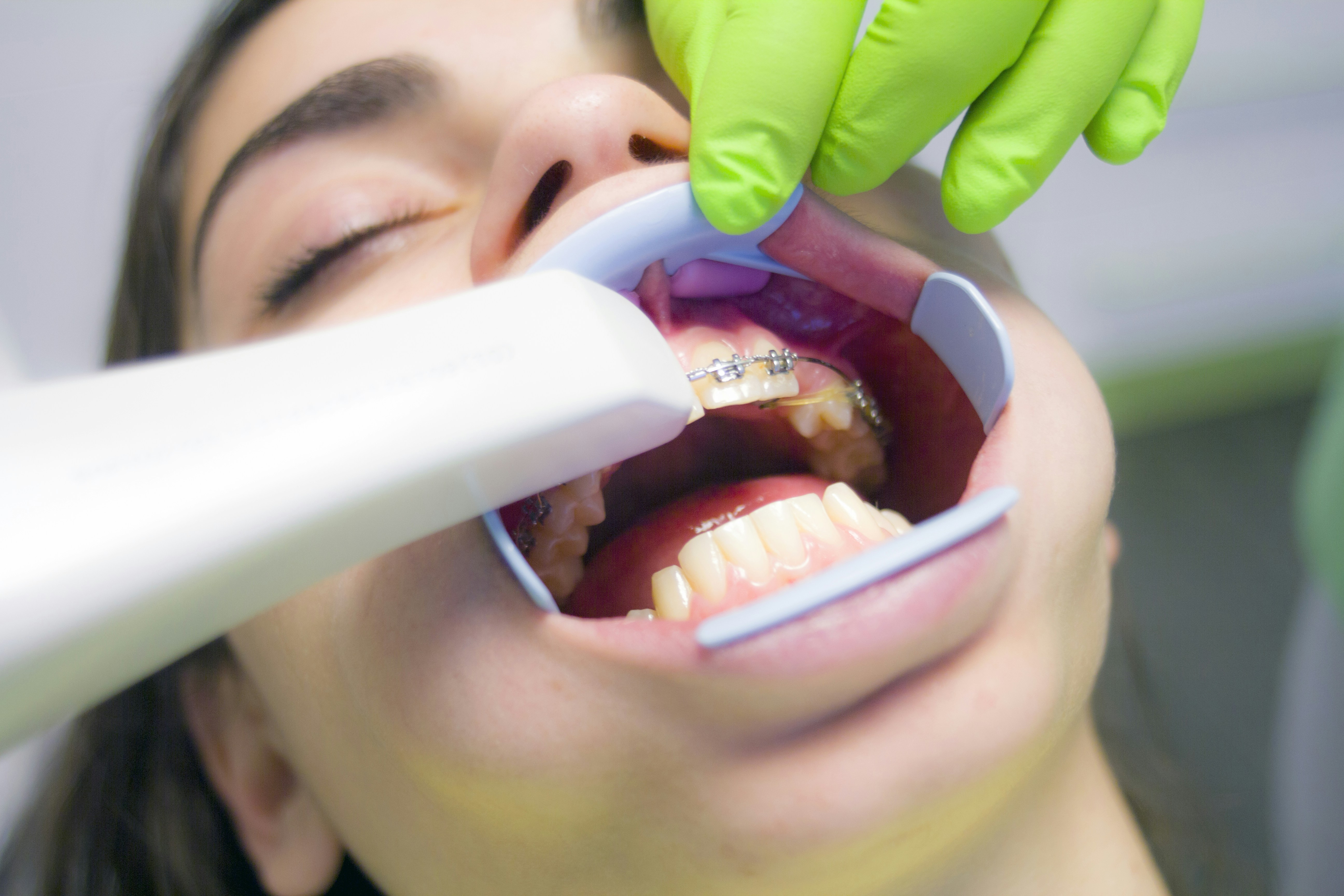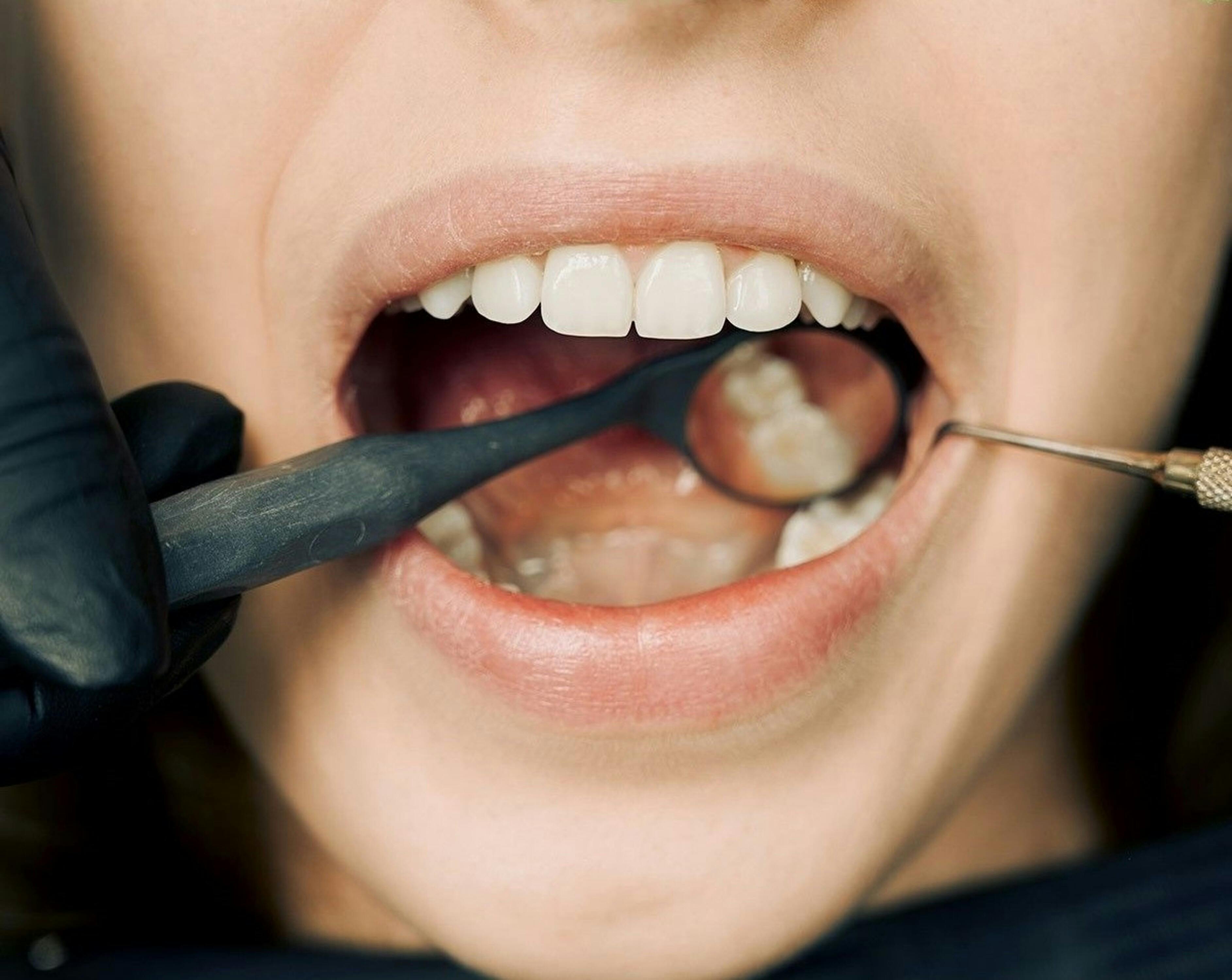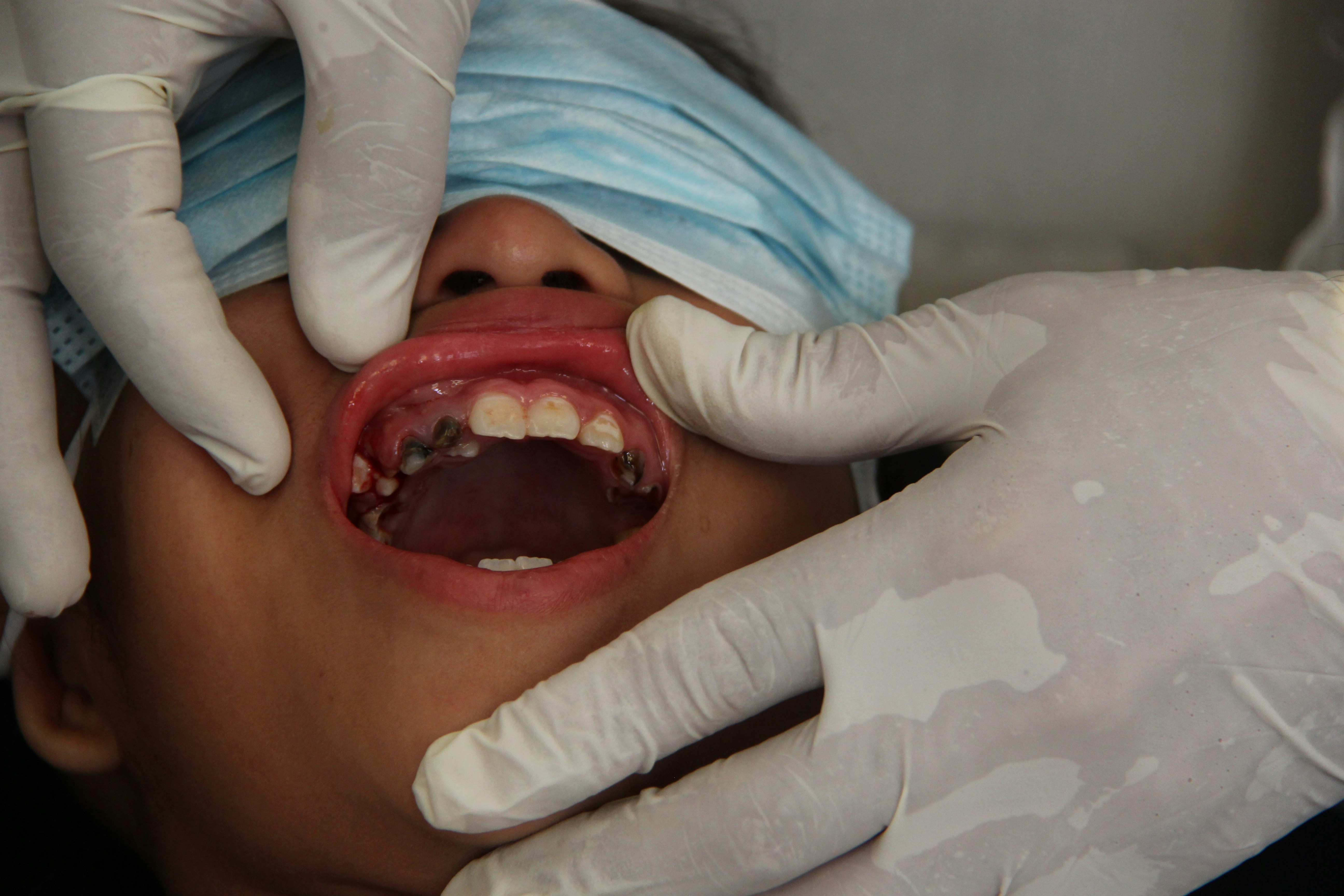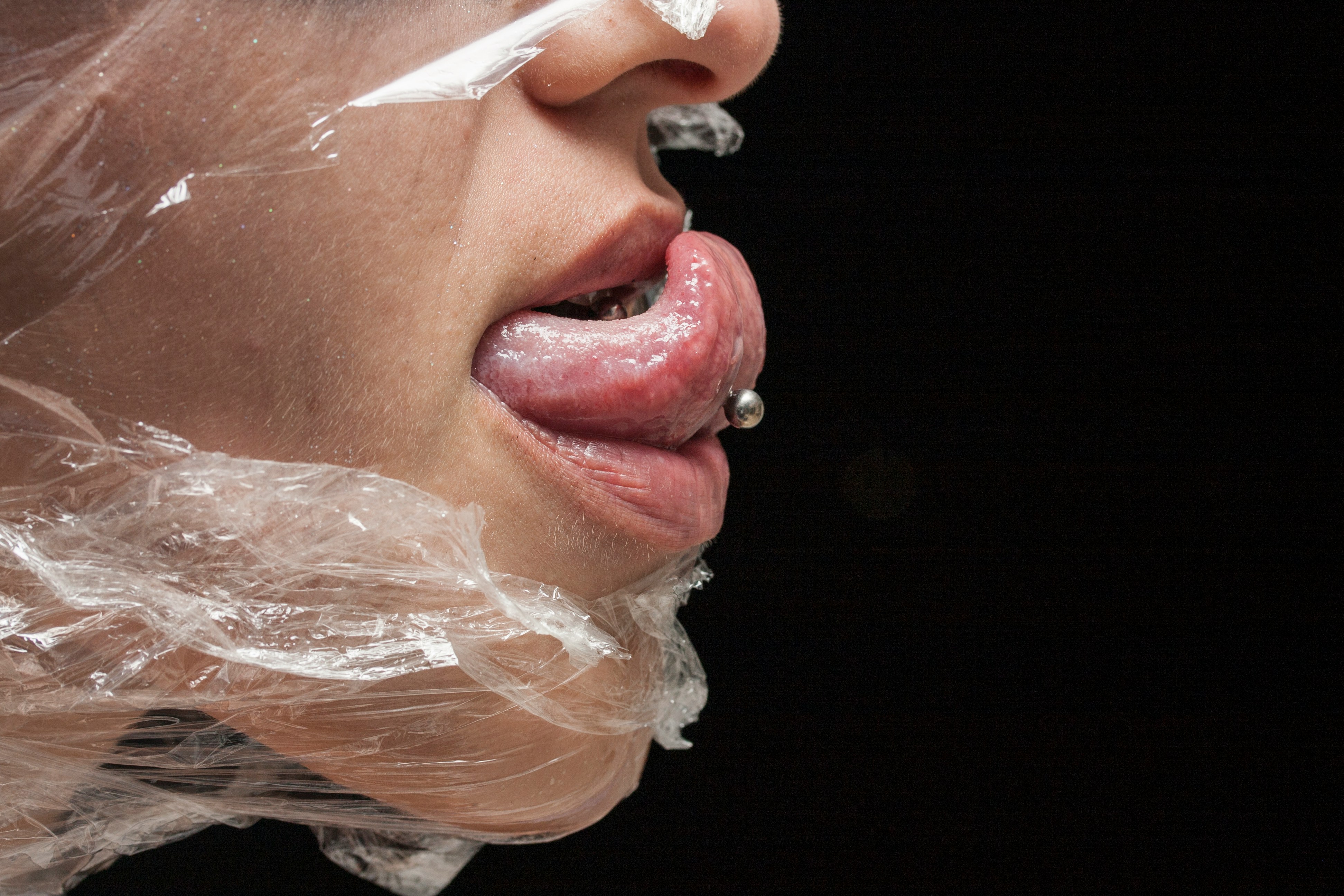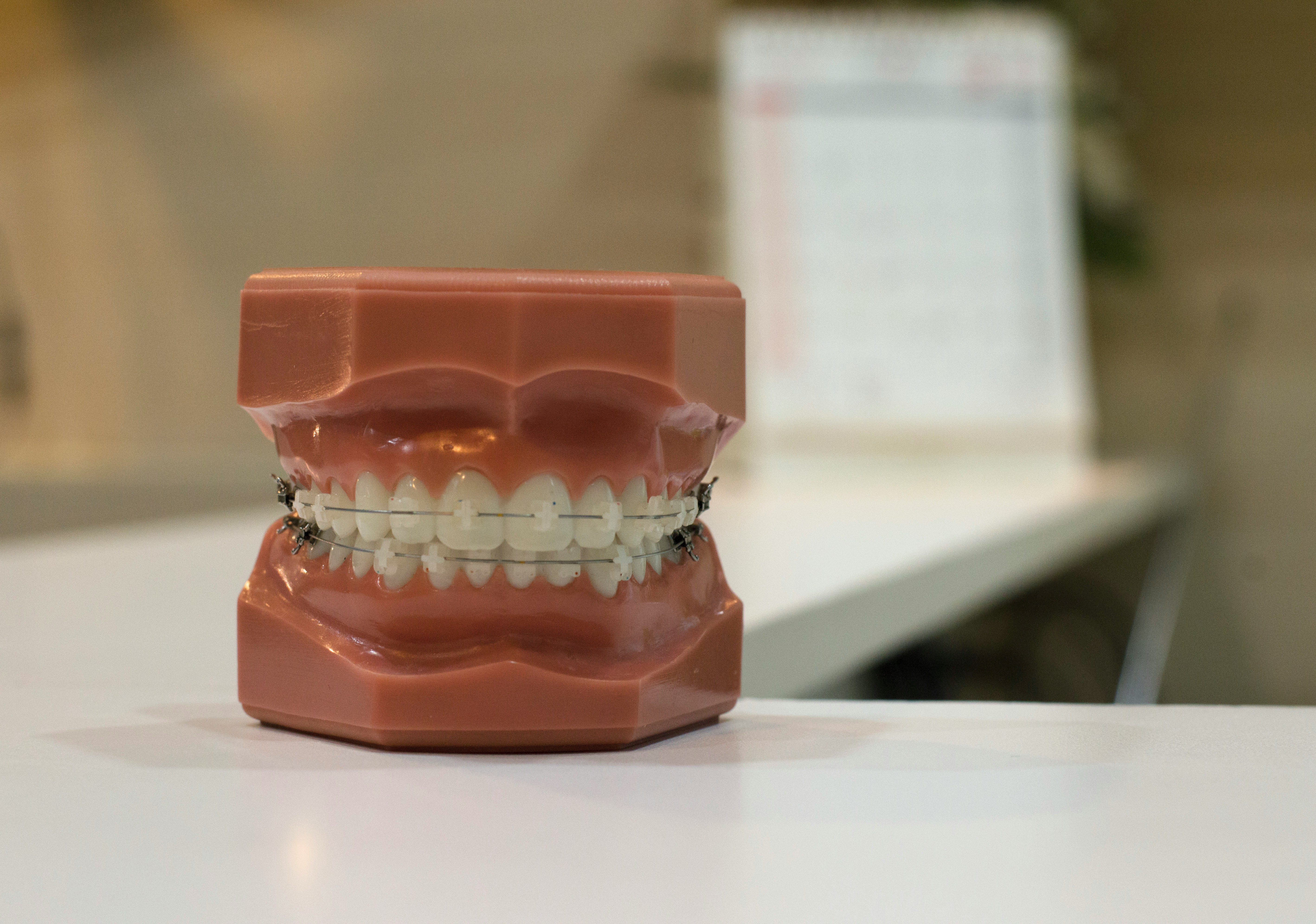Impact of Stress on Your Oral Health
Impact of Stress on Your Oral Health
We often associate stress with headaches, fatigue, or trouble sleeping, but did you know it can also affect your oral health? Prolonged stress doesn’t just weigh on your mind—it also shows up in your teeth and gums. From grinding and jaw pain to gum infections, stress can quietly damage your smile if left unmanaged.
How Stress Affects Your Mouth
Stress triggers a chain reaction in the body. It releases hormones like cortisol that weaken your immune system, making it harder for your body to fight off infections. Combined with lifestyle changes—like poor diet, neglecting oral hygiene, or increased smoking and caffeine intake—stress can take a serious toll on your oral health.
Common Oral Problems Linked to Stress
- Teeth Grinding (Bruxism): Many people clench or grind their teeth when stressed, often during sleep. This can cause enamel wear, jaw pain, and even cracked teeth.
- Jaw Disorders (TMJ): Tension in facial muscles from stress can lead to temporomandibular joint (TMJ) problems, resulting in pain, stiffness, and difficulty chewing.
- Gum Disease: Weakened immunity makes gums more vulnerable to infections, increasing the risk of gingivitis and periodontitis.
- Canker Sores: Stress can trigger painful mouth ulcers or sores that interfere with eating and speaking.
- Dry Mouth: Anxiety and certain stress-related medications reduce saliva flow, leading to dry mouth, which increases the risk of cavities and bad breath.
- Neglect of Oral Care: Stress often pushes dental hygiene lower on the priority list, causing plaque buildup and dental decay.
Signs You Should Watch For
If you’re under constant stress, keep an eye out for these oral health warning signs:
- Jaw pain or clicking sounds while chewing
- Flattened, chipped, or sensitive teeth
- Bleeding gums or swelling
- Persistent mouth ulcers
- Bad breath despite regular brushing
Managing Stress for Better Oral Health
While it may not be possible to eliminate stress entirely, adopting healthy coping mechanisms can protect your smile. Try these practices:
- Mindfulness & Relaxation: Yoga, meditation, or deep-breathing exercises can help calm the mind.
- Mouthguards: If you grind your teeth at night, a custom-fitted mouthguard from your dentist can protect your enamel.
- Balanced Lifestyle: Eat nutritious foods, stay hydrated, and avoid excess caffeine, alcohol, or tobacco.
- Consistent Oral Care: Brushing twice a day, flossing, and regular dental checkups ensure your teeth and gums remain healthy.
- Professional Help: If stress feels overwhelming, seeking guidance from a therapist can help improve both mental and oral health.
When to See a Dentist
If you notice persistent jaw pain, bleeding gums, or sensitivity that doesn’t improve with home care, it’s time to consult a dentist. Early intervention can prevent minor stress-related issues from turning into serious dental problems.
Final Thoughts
Stress doesn’t just live in your head—it leaves a visible imprint on your oral health. By recognizing the connection and taking preventive steps, you can protect your teeth and gums while working toward overall well-being. Remember, caring for your smile is also a form of self-care.
Concerned about stress-related dental issues? Visit Gargi’s Dental Care for expert guidance and personalized treatment.
